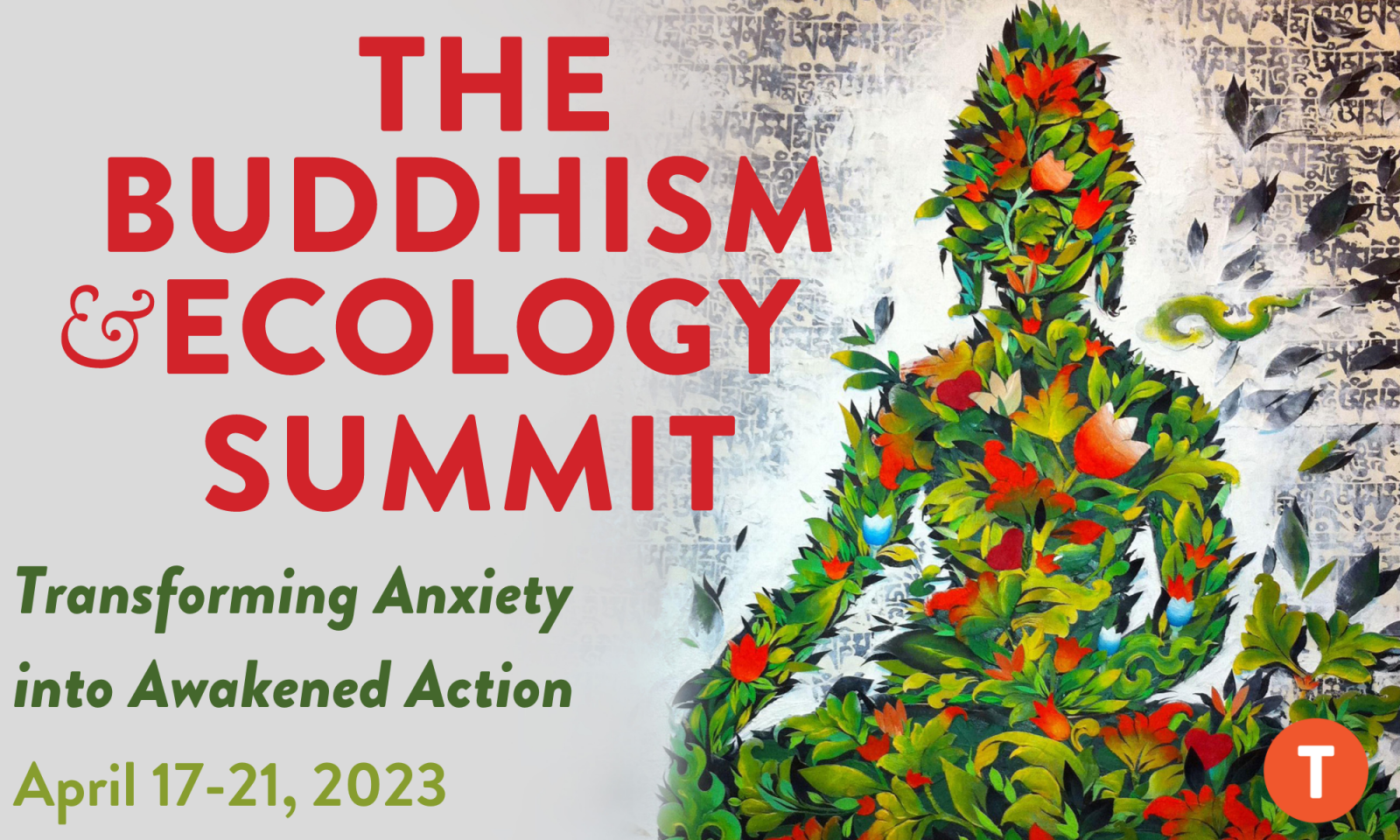[EcoDharma] Tricycle Buddhism & Ecology Summit - April 2023
Collapse
X
-
Gassho, JThe chance to secure a livable future for everyone on Earth is slipping away.
That was the dire message from a United Nations report released Monday, the culmination of more than six years of work by thousands of climate scientists contributing to the United Nations Intergovernmental Panel on Climate Change (IPCC).
“There is a rapidly closing window of opportunity to secure a liveable and sustainable future for all,” the report’s authors wrote.
Still, there’s hope.
The technology needed to adapt to climate change and keep harmful emissions at bay is available, the report says, arguing that a clear path exists to a more sustainable world and a stable climate.
“Mainstreaming effective and equitable climate action will not only reduce losses and damages for nature and people, it will also provide wider benefits,” IPCC Chair Hoesung Lee said in a statement. The report “shows that, if we act now, we can still secure a liveable sustainable future for all.”
The panel also found that a key aim of the landmark Paris climate agreement — to limit global warming to 1.5 degrees Celsius — may be out of reach.
More than 190 countries agreed to strive for that mark — equivalent to 2.7 degrees Fahrenheit of warming — in 2015 in order to stave off the most catastrophic consequences of climate change. Eight years later, scientists say nations’ commitments still leave a “substantial” gap and it’s “likely” global warming will exceed the 1.5-degree threshold.
More than 93 scientists across the globe contributed to the IPCC’s summary report, which doesn’t present new findings but instead provides an overview of recent climate science, tallies global warming’s impacts and functions as a guide for policymakers as societies try to adapt and transform.
That transformation must come now.
To limit warming to 1.5 degrees Celsius, greenhouse gas emissions would need to be cut nearly in half by 2030, according to the report. Human-caused climate change has already contributed to the planet warming about 1.1 degrees Celsius (2 degrees Fahrenheit) above pre-industrial levels.
Manish Bapna, president and CEO of the Natural Resources Defense Council, said the IPCC report is an urgent call for global action.
“This is the stone cold truth laid out in unassailable science by the world’s top climate experts. We’re hurtling down the road to ruin and running out of time to change course,” Bapna said in a statement.
Climate justice concerns and culpability for the crisis were in the spotlight as scientists and government officials sought agreement on the report’s findings over the weekend.
Approval of the report by government representatives on Sunday was delayed as rich and developing countries fought over targets to reduce global emissions and for providing financial aid to nations least responsible for the climate crisis but particularly vulnerable to its impacts, the Associated Press reported.
Countries agreed to build a compensation fund during environmental talks last year in Egypt, during the United Nations climate summit called COP27, but had yet to determine how to define which countries would qualify as “vulnerable.”
These debates, along with the IPCC’s roadmap, are sure to be hot-button issues later this year at the COP28 meeting. Global leaders are set to convene for high-level climate talks in Dubai from Nov. 30 to Dec. 12. This year’s summit will include the first-ever “global stocktake” to assess countries’ progress in reducing emissions and working toward the goals of the Paris Agreement.
The IPCC was established in the late 1980s and consists of thousands of scientists across 195 member governments who pore over the most recent published and peer-reviewed research on global warming and compile the findings into a report on the current state of the climate.
This latest summary rounds out the IPCC’s Sixth Assessment Report, or AR6. The entire analysis consists of four installations, and the UN group undertakes a full assessment cycle every 6 or 7 years.
During this cycle, the IPCC’s first report detailed that some changes to the climate were already playing out, such as warming oceans and rising sea levels, and are “irreversible for centuries to millennia.”
In the second, scientists outlined how climate change has caused irreversible shifts and will continue to pose threats to human welfare from heat waves, changes to food availability and the increased spread of infectious diseases, among other concerns.
Scientists presented solutions in the third report, saying the world must shift to renewable energy and stop building new fossil fuel infrastructure, among other steps.
https://www.ipcc.ch/report/sixth-ass...rking-group-3/
stlahALL OF LIFE IS OUR TEMPLEComment



Comment